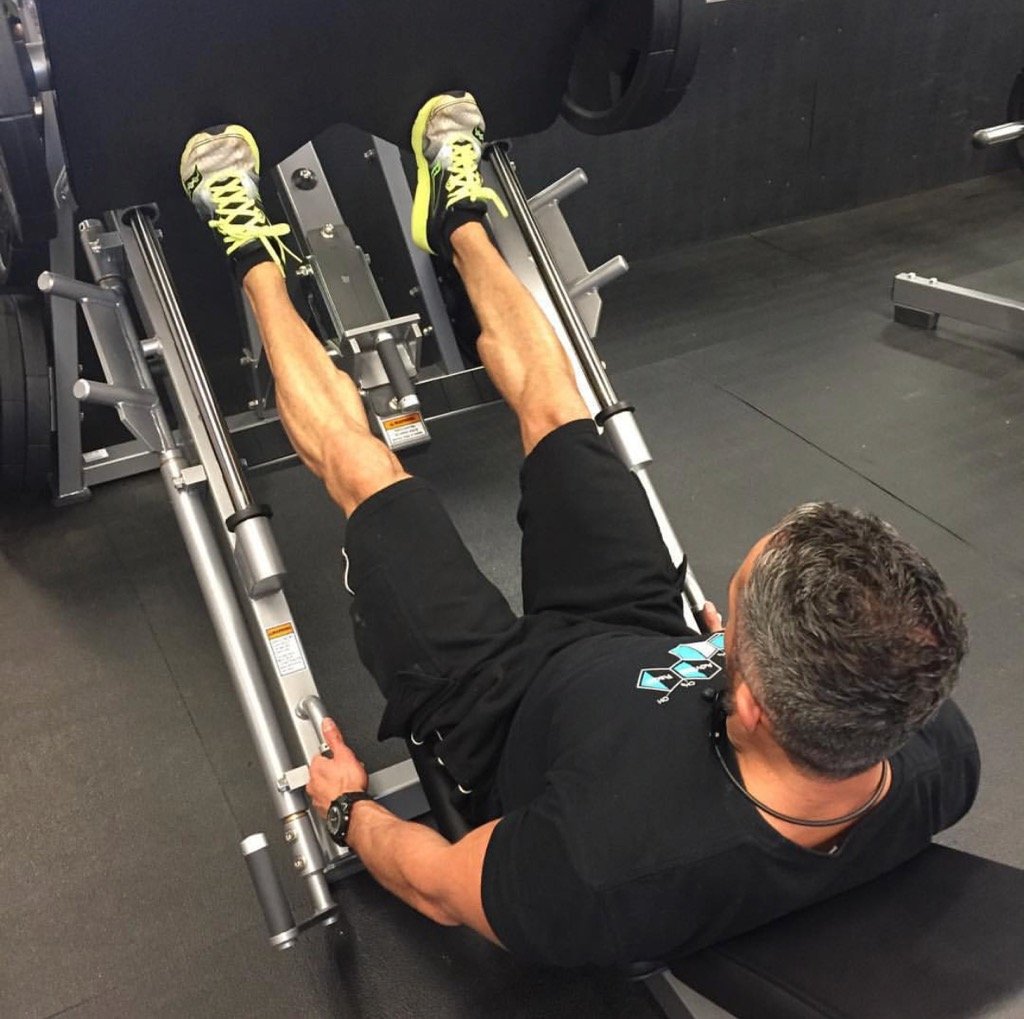Sarcopenia is a [1] Greek term “sarco,” meaning flesh, and “Penia” means deficiency. It is the loss of muscle strength and mass, which is a condition common among elderly people. However, it begins as early as our 30s. Sarcopenia is characterized by a decline in muscle quality and quantity which leads to a strength and power decline, a gradual slowed movement, and an increased risk of injuries from falls.
In this article, you will learn about the risk factors of Sarcopenia, and why it is important to maintain muscle mass and strength as you age.
What Are the Risk Factors?
Numerous risk factors exist but the most common ones are poor diet and physical inactivity. As people age, they need to ensure that they are staying active and feeding themselves with proper diets to ensure that they remain strong and that their muscle mass doesn’t decline.
Physically inactive people are likely to lose up to 5% muscle mass every decade once they hit 30 years. Even when they remain active, they still experience some muscle loss. Losing muscle mass leads to less mobility and strength.
Other risk factors include:
- Aging effects such as low muscle cell count, a poor neuromuscular system, and hormonal dysregulation
- Structural factors including low birth weight, gender, and genetic predisposition
- Chronic health problems such as chronic kidney disease, diabetes mellitus, and liver disease
- Low nerve cells that are responsible for sending signals from the brain to the muscles to begin movement
- Low concentrations of certain hormones such as testosterone, growth hormone and DHEA
- Inability to convert protein into energy
- Failing to get sufficient proteins or calories daily to sustain muscle mass

Symptoms of Sarcopenia
Various symptoms exist including loss of stamina and weakness, which interferes with physical activities - not to mention higher risks of falls and injuries and a lower ability to recover from them. Reduced activity leads to even further shrinking of muscle mass.
What is the Role of Nutrition in Sarcopenia?
Nutrition plays a big role in maintaining muscle mass and strength as aforementioned. You need to eat protein-rich food to build muscles. That means eating at least 0.4 grams of protein per pound of body weight. Some of the better sources of complete proteins include organic eggs, free range organic meat and wild caught fish.
While protein is critical, your body also needs carbohydrates, since they are the energy source that fuels it. To exercise, you need energy, which you can get from carbohydrates. Anyone in the middle or older age group that is active should not have a low-carbohydrate diet. However, always eat healthy carbohydrates. Whole grains, fruits, and vegetables are preferable over having highly processed foods. Go for whole, fresh foods that contain vitamins and other important nutrients.
Optimizing Hormones to Stall Sarcopenia
Hormones [2] play a vital role in muscle mass development as well as in regulating muscle strength. Testosterone is the central hormone influencing the development and retention of muscle and any significant loss of it contributes to sarcopenia since testosterone activates satellite cells and increases muscle mass leading to enhanced muscle function.
When you have a deficiency of growth hormone, this may also lead to muscle mass loss although it doesn’t affect muscle strength. In addition, the lack of Vitamin D in the body may contribute to the loss of muscle strength. Other hormones such as DHEA can also play a minor role in age-related changes in muscle function and mass.
By ensuring your hormones are optimized, you can help stall sarcopenia - not to mention a long list of other unwanted ailments associated with aging.
Hormones and Your Wellbeing
Hormones are produced from endocrine glands and work as messengers that travel in your bloodstream to specific organs and tissues. The major endocrine glands include the thymus, pituitary, thyroid, pineal, adrenal glands, testes, and ovaries.

Hormones play a role in our biological processes for improving the proper function of organs. As we age, hormone production changes periodically, and some hormonal levels increase while others decrease. The change affects metabolism, energy levels, growth, immune function, and sexual function.
To help remain healthy and enjoy a good quality of life, you need to ensure that your hormones are balanced. You can do that through a proper diet, exercise, getting enough quality sleep and hormone optimization therapy if needed.
Remember to Exercise
Remaining physically active on a regular basis is one of the best ways of limiting the extent of muscle strength loss. Strength training and strong muscles influence quality and length of life. This all especially helps to support the following:
- Strong muscles
- Keeps bones healthy and strong
- Supports a higher metabolic rate and fat loss
- Helps to regulate blood sugar and inflammation
- Posture, mood, energy and better sleep
Combining strength training and aerobic exercises helps improve muscle health and your overall health. If you are just starting to get active after many years, you should take it slow and avoid doing too much too soon.
Begin by consulting your physician or an expert such as an exercise physiologist or physical therapist. You will be taught the correct exercises for you and even get a program that has the right sequence and progression of exercises to help you yield the best results.
Exercise has been found to also help balance your hormones in addition to keeping you mentally and physically fit. Doing any aerobic exercise for at least 30 minutes daily will help improve endogenous growth hormone release.

For exercises to benefit you, you need a well-rounded program meant to strengthen all your muscles. It should first target the large muscle groups. Be patient with yourself since it takes between six and eight weeks to see any results.
Sarcopenic Obesity
Sarcopenic obesity (SO) [3] is a mismatch between fat mass and muscle mass. SO prevalence is defined as high-fat mass linked to low muscle mass. It increases with age ranging from 10% to 15%.
SO is also linked with "Diabesity" and a higher risk of comorbidities and physical disability. That is why as you age, you need to ensure that your weight remains optimum to avoid SO. If you are already obese, you should consider losing weight.
Conclusion
If you are at an age where you are worried about sarcopenia, it might be wise to do something about it. Whether it is a need to build some muscle and strength, balancing your hormones, losing extra weight or all of the above, we can help you with the process.
At [4] YOUTH RX we pride ourselves on having assisted thousands of people since 2014 to look and feel their best. If you feel YOUTH-Rx may be able to assist you and optimize your hormones, health and wellness then get in touch with us today and let us know how we can help.
Stay healthy and fit,
YOUTH-Rx Team



